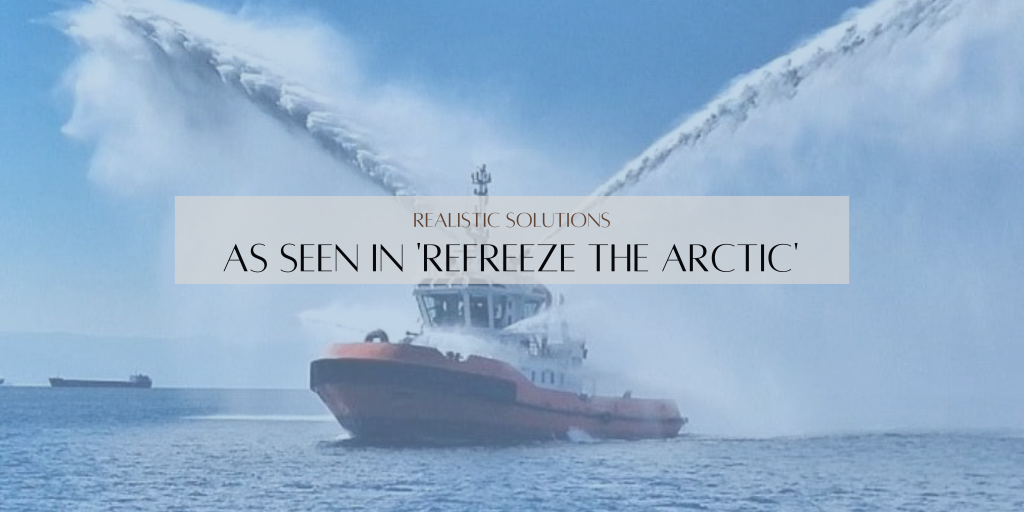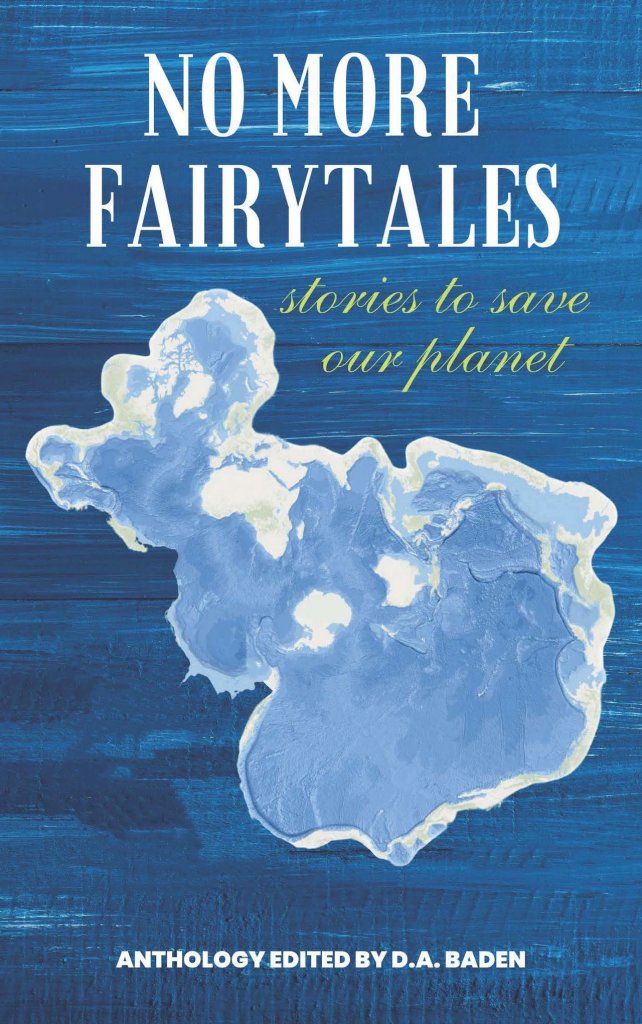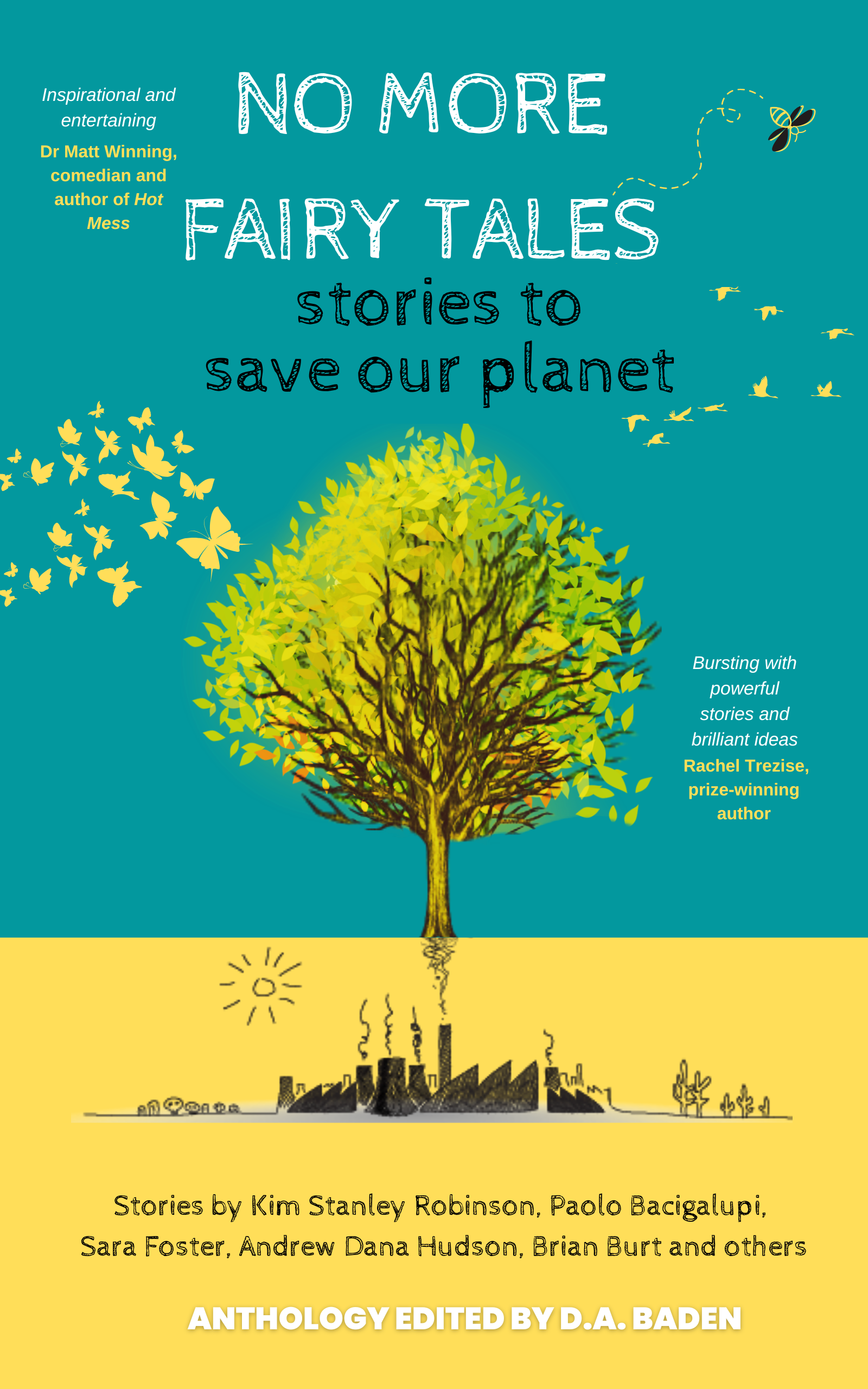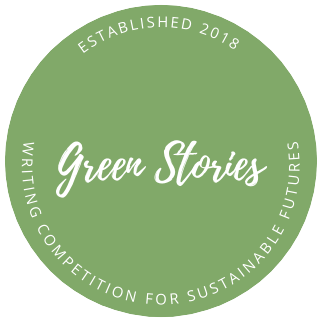
Read the first page from the story below:
After the meeting, we went to the little bar downstairs, an old-fashioned Japanese place, like Midnight Diner. We had been watching and discussing a presentation from the Cambridge Centre for Climate Repair about the melting of the Arctic and a sense of doom filled the air.
The rather dour British Professor had said;
“As melting ice caps darken with water, sunlight is no longer being reflected back into space. What we feared for decades is happening. We’ve tipped over into a positive feedback loop, meaning our ice caps are melting faster and faster. Scarier still is the methane time bomb. Rising temperatures will cause this greenhouse gas, around 80+ times more potent than carbon dioxide, to be released from the permafrost and the shallow Siberian Seas, tipping us into jungle planet mode, ending civilization as we know it.”
We ordered some beer and fished around disconsolately for solutions. After half an hour, a short, older man with glasses approached me and asked for a word.
‘What would YOU do about this, if you could?’
Emboldened by Sapporo, I ran our dream scheme past him.
He asked a few questions. We pulled up a map. Sat at the bar and ordered more beer. Coming up to midnight, I’d missed the last train and was wondering where to crash for the night.
Steve Willis ‘Refreeze the Arctic’.
You can access the full story here


To purchase the abridged ocean-based anthology of stories (£2.99) please click here.
Meet the author: Steve Willis
Steve Willis is an engineer and innovator who has worked for years on large scale industrial and environmental projects. During the covid lock downs in Malaysia he began writing short, climate fiction stories which explored potential positive outcomes to the climate crisis, stories where the climate crisis was actually fixed. Steve has an unusually broad, heavy industrial background, combined with sharp observation, a vivid imagination, relentless persistence and a talent for lucid dreaming. He is using these unusual skills to continuously seek massive scale climate solutions, to identify climate start-up opportunities and to write stories which capture some of the essence of working on the climate crisis challenge.
